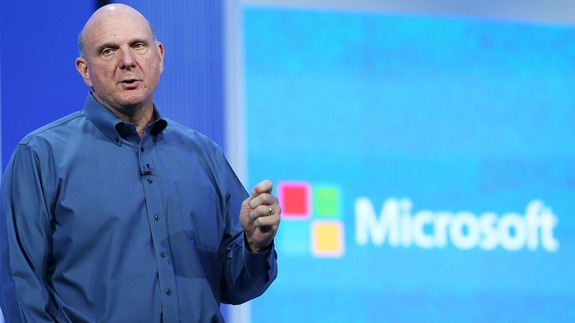Microsoft helped the NSA and the FBI spy on Hotmail, Skype and Outlook users

Edward Snowden handed over to The Guardian new documents showing that Microsoft helped US intelligence agencies intercept correspondence in Outlook.com and Hotmail, as well as audio and video conversations in Skype, Mashable writes .
“The calls received from Skype were very clear, and the metadata looks complete,” the document says, which also positively assesses the collaboration between the NSA and the FBI: “Working together has become a key point in successfully connecting another data provider to Prism.”
Skype began integrating into the PRISM program in November 2010, although it received official instructions from the Attorney General only on February 4, 2011. Already on February 6, the NSA was able to intercept conversations from Skype. In addition, Microsoft has enabled the FBI to access the SkyDrive cloud service without separate permission.
')
The NSA and the FBI also gained access to e-mail and chat rooms in Outlook.com, having developed a solution to bypass encryption even before the official launch of the portal. In one of the documents it was reported: “Transfer of correspondence to PRISM from Hotmail, Live and Outlook.com will not be affected [by encryption], because PRISM collects this data before encryption”.
It is still unclear how PRISM works from a technical point of view, but all the companies accused of participating have categorically denied any kind of cooperation with the NSA that goes beyond answering legal requests.
New documents contradict these denials - at least in the case of Microsoft. Moreover, they contradict Microsoft’s own statements about protecting the privacy of its users. “Your privacy is our priority,” the recent advertising campaign emphasized.
Skype in 2008, when it wasn’t yet owned by Microsoft, claimed that it uses end-to-end encryption for calls, making listening impossible. Already in 2012, Microsoft stated that "Skype did not provide content in response to these requests [of law enforcement]."
After the publication of the article in The Guardian, Microsoft released a statement saying that the company provides data about users only in response to legitimate requests and additionally assesses the legal viability of each request, and the company didn’t say about “wholesale orders” in the press. would respond.
Source: https://habr.com/ru/post/186460/
All Articles